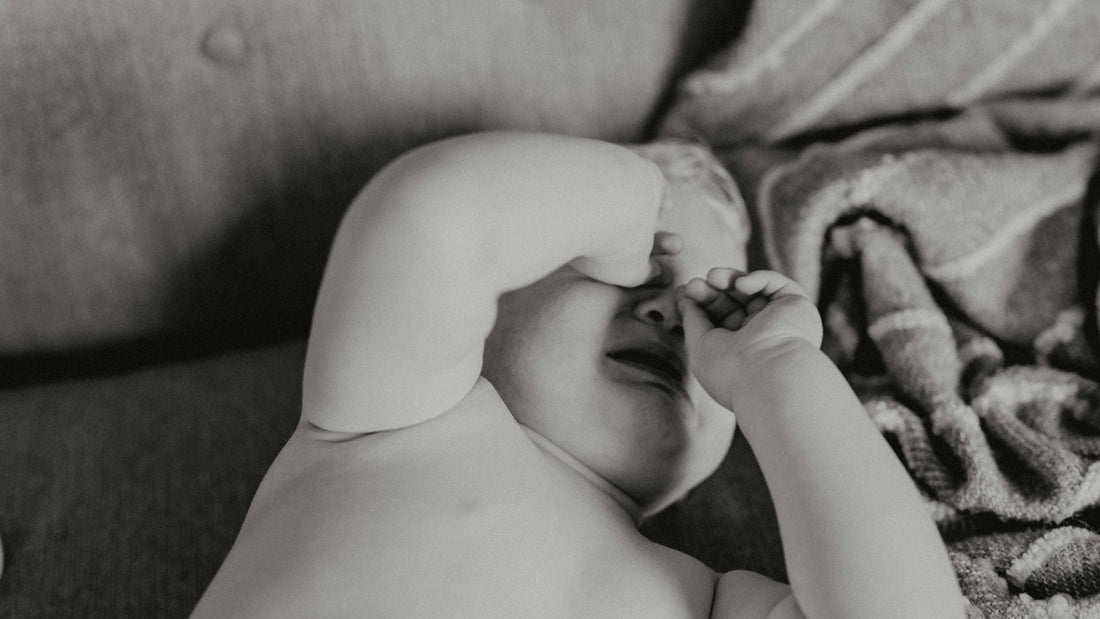When Infidelity Produces a Child

Handling infidelity in a relationship is a beast on its own, but when infidelity produces a child, the situation becomes even murkier. Now, you aren’t solely focused on what to do about the relationship, how to heal, and how to best move forward, but you’re trying to navigate all these complexities because the infidelity led to a child.
This reality can be difficult to face, as many tend to view the child as the infidelity itself or even associate the child with hurt and betrayal. All your feelings surrounding the situation are valid and worth acknowledging, but ultimately, your greatest chance at moving forward and finding peace is to handle the situation maturely and objectively.
Related articles: Why Do I Keep Going Back to Him When He Hurts Me?
Related articles: When is it Okay to Introduce My Boyfriend to My Kid?
“Knowing how the infidelity transpired, including its timeline, will help you to find peace and eventually acceptance,”
MAKE SURE EVERYONE IS ON THE SAME PAGE
If your partner is the one who cheated and created a child with someone else, you deserve to know the truth of what happened—even if it hurts. “Knowing how the infidelity transpired, including its timeline, will help you to find peace and eventually acceptance,” says Chris Pleines, dating expert from Datingscout.com.
However, if you are the one who had an unfaithful affair that leads to pregnancy, you owe your partner your complete honesty about what took place and how it resulted in a child. This conversation will surely be an uncomfortable and emotional one for both parties, but it’s where you must start if you have any desire to heal and move forward.
BE OBJECTIVE WHEN IT COMES TO THE CHILD
When you’re caught up in your pain and misery, it can be incredibly difficult to see the situation objectively. Your vision becomes clouded by your suffering until it’s all you can see. When you see or think of the child that the infidelity produced, it’s easy to feel anger, resentment, or sadness. However, “while seeing the child can cause some negative feelings or make it hard to recover from the affair, try to look past that turmoil of emotions and see the child as the innocent party,” says Pleines.
Ultimately, the child does not fault the affair; they are simply a product of it. But they are not to be blamed nor resented. When deciding how to best recover and move forward, it’s essential to always consider the best interest of the child. They deserve love, affection, and kindness—no matter what.
Related articles: How to Forgive a Cheater
Related articles: Should I Forgive My Cheating Boyfriend?

COME UP WITH A PLAN MOVING FORWARD—AND STICK TO IT
Whether you and your partner decide to stay together and repair the lost trust or part ways and heal independently is a decision that is up for the two of you to navigate. But once you’ve agreed upon a plan of action, you must put in a true effort to stick to it. By keeping consistent with your decision, you effectively minimize the complications for the child and give them the best shot at a healthy upbringing free of resentment, blame, and distrust.
Sometimes, walking away from the relationship may be the best course of action—and that’s okay, no matter how much it may hurt. It’s important to keep in mind what you want out of your future and what the child deserves for theirs, and then to see where those two intersect.
Just as there is no universal way to handle infidelity in a relationship, there certainly is no one-size-fits-all standard when cheating has led to a child. However emotionally challenging it may be to talk about the situation and decide a path for moving forward, it needs to be done maturely and objectively—for your ultimate happiness and the innocent child’s best possible life.
by Siobhan Quinn








